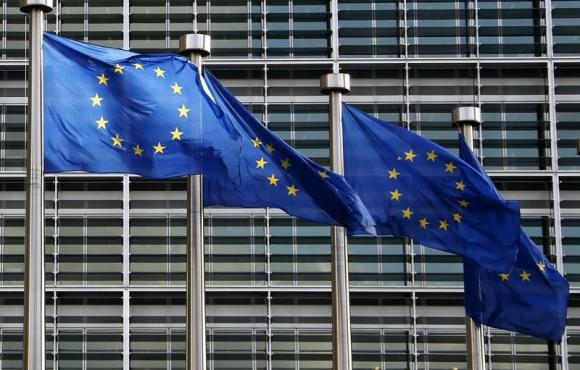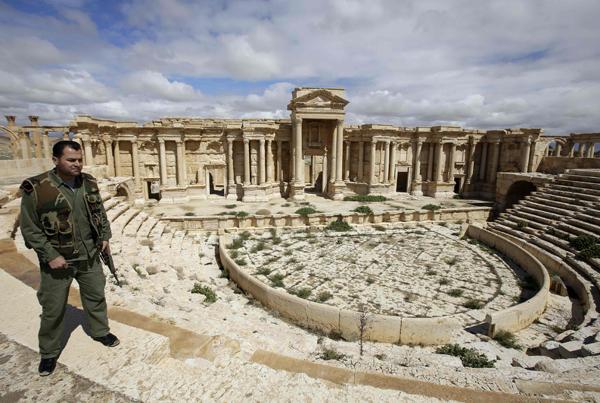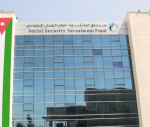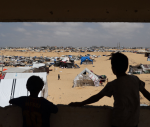You are here
EU targets Syrian middleman it says bought oil from Daesh
By Reuters - Mar 08,2015 - Last updated at Mar 08,2015

BRUSSELS — The European Union has imposed sanctions on a Syrian businessman who it says has bought oil for Syria from Daesh terror group, an Al Qaeda offshoot that the government in Damascus has declared to be its enemy.
Adding to its list of sanctions on supporters of Syrian President Bashar Al Assad, the EU said that George Haswani worked as an intermediary to agree oil contracts between Syria and Daesh, which rules a self-declared “caliphate” in parts of Iraq and Syria.
"George Haswani provides support [for] and benefits from the regime through his role as a middleman in deals for the purchase of oil from ISIL [Daesh] by the Syrian regime," the EU said in its official journal without detailing how it reached its conclusion.
"He has close ties to the Syrian regime," the EU said, adding that Haswani also goes by the names Al Hasawani and Heswani.
Haswani's HESCO Engineering & Construction Co. is a major business in Syria, the EU said.
Neither Haswani, who the EU says is based in Yabroud near Syria's border with Lebanon, nor his company could be reached for comment on Sunday.
Western officials have often accused the Syrian government of buying oil from Daesh, but the EU's announcement this weekend contains some of the most detailed public accusations to date and was welcomed by Britain's Foreign Minister Philip Hammond.
"This listing gives yet another indication that Assad's 'war' on ISIL is a sham and that he supports them financially," Hammond said in a statement.
A February report by the Paris-based Financial Action Task Force said that Daesh had generated large amounts of money by appropriating oil fields and from criminal activity such as theft and extortion.
The United Nations Security Council, meanwhile, threatened sanctions on anyone buying oil from Daesh. In November the UN estimated the group's revenue from oil ranged between $846,000 to $1.6 million a day.
Degrading the group's financial resources is one aspect of a campaign led by the United States to destroy Daesh, ranging from military attacks to counter-propaganda.
The EU's sanctions were extended to a total of 13 people and organisations, including Hawasani, adding to a previous list of more than 200 individuals and 60 entities.
Those on the list have their assets in the EU frozen and are barred from entry to the bloc.
Some EU states have pressed for more dialogue with Assad, who has survived four years of armed revolt and now faces an enemy, in the form of Islamic State, whom Western powers also want to defeat.
But the bloc's main military powers, France and Britain, oppose restoring relations with Damascus.
Related Articles
WASHINGTON — The United States sanctioned a Syrian businessman on Wednesday who it said was a middleman for oil sales between Daesh and the
A Syrian businessman facing European Union sanctions denied on Tuesday allegations that he bought oil from Daesh terror group for President Bashar Assad's government.
GENEVA/MOSCOW/BEIRUT — Syrian troops backed by Russian air support fought their way into the Daesh-held city of Palmyra on Thursday, their b
















